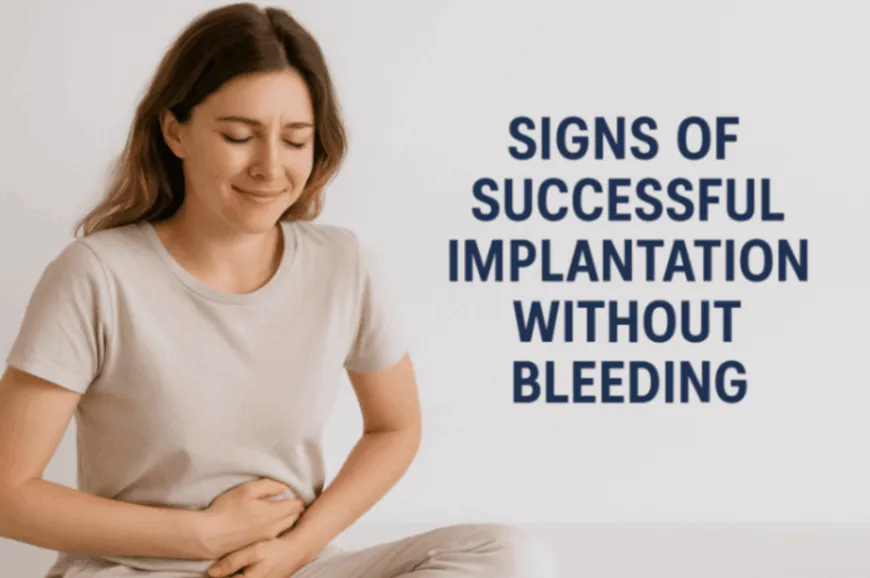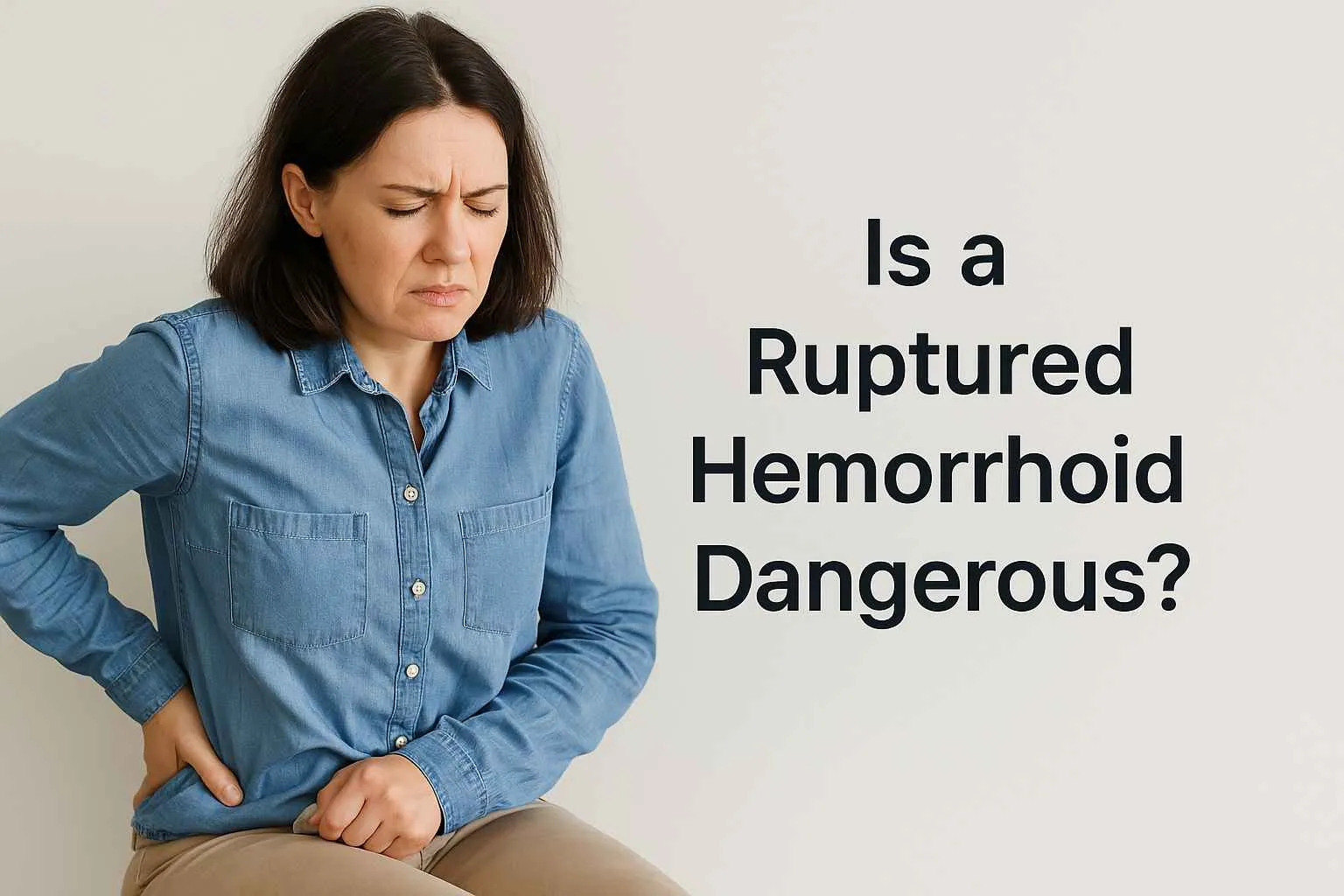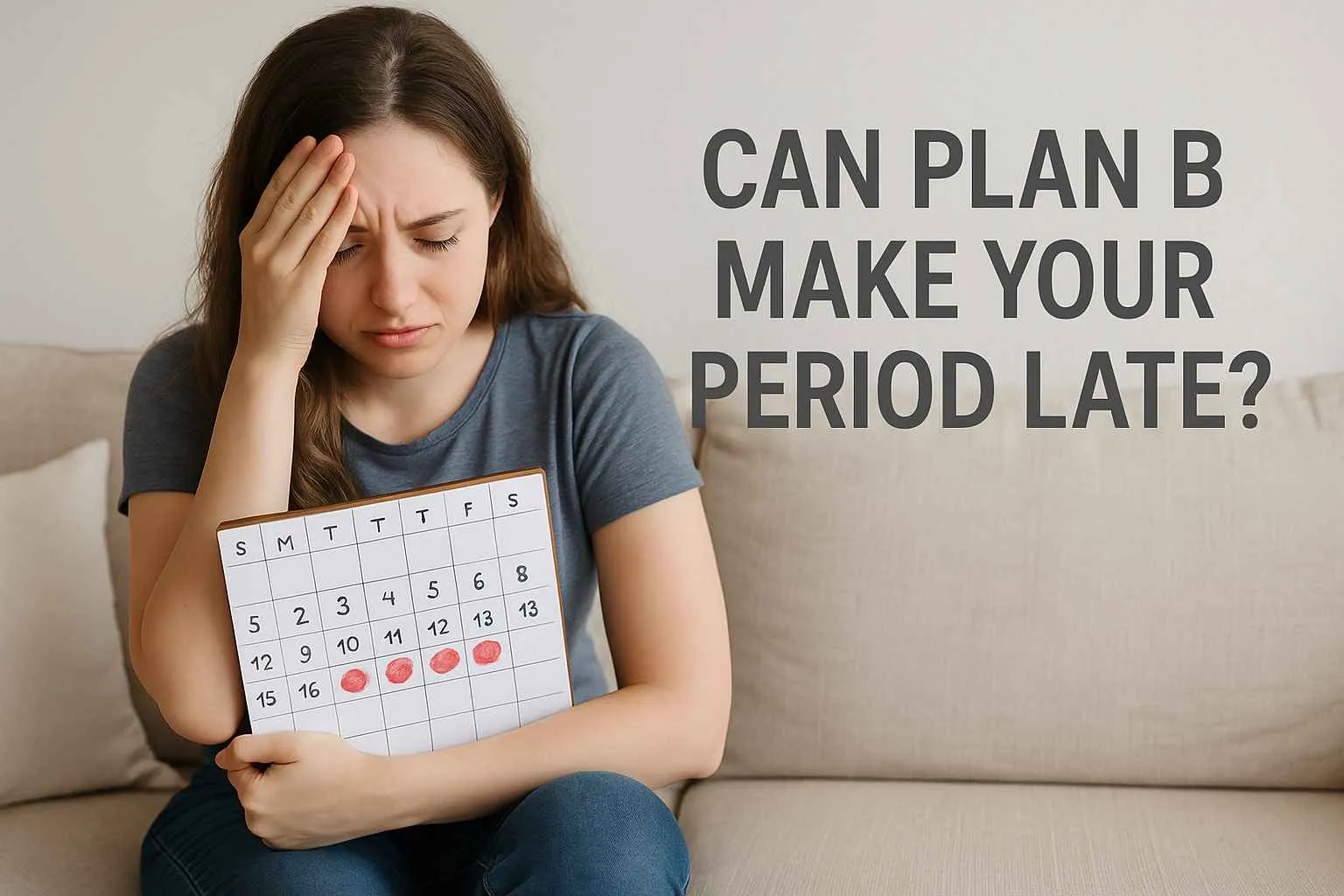PCOD FAQ:
What is PCOD?
PCOD is an endocrine disorder among women that is one of the common causes of sub fertility in them.
What are signs and symptoms of PCOD?
- Absence of menstrual cycle for a long period of time
- Difficulty in getting pregnant because of absence of ovulation
- Pelvic pain
- Obesity
- Hair growth on face and other parts of the body
What causes PCOD?
The exact cause of PCOD has not been identified yet. Some reasons include:
- Changing lifestyle patterns
- Genetic traits
- Those with family history of ovarian cysts
- What are the health risks of women with PCOD?
- The health risks of PCOD are
- Diabetes
- Increase in weight
- Cholesterol
- Blood pressure
Diagnosis of PCOD?
- Thyroid level tests
- Ultrasounds
Book an online appointment with the best gynaecologist in Gurgaon.
Treatment of PCOD? Is there a cure?
Yes. There is treatment for PCOD. It includes:
- Contraceptive pills to regulate menstruation
- Insulin-sensitizing medications
- Treatment for inducing ovulation
- Medications that block androgen release
- Topical anti-hair-growth medications.
- Other excess hair treatments
- Lifestyle changes and Home remedies for PCOD?
- Keeping weight in check
- Regular exercise
- Eating low carbohydrate foods
Alternative Names?
Alternative names are hyperandrogenic anovulation and Stein-Leventhal syndrome.
Join the PCOD & PCOS Support Group on Facebook and be a part of a platform where hundreds of women share their experiences and doubts.
Best Gynaecologists in Delhi NCR, Kolkata, Mumbai Region, Hyderabad, Chennai

Reviewed by







